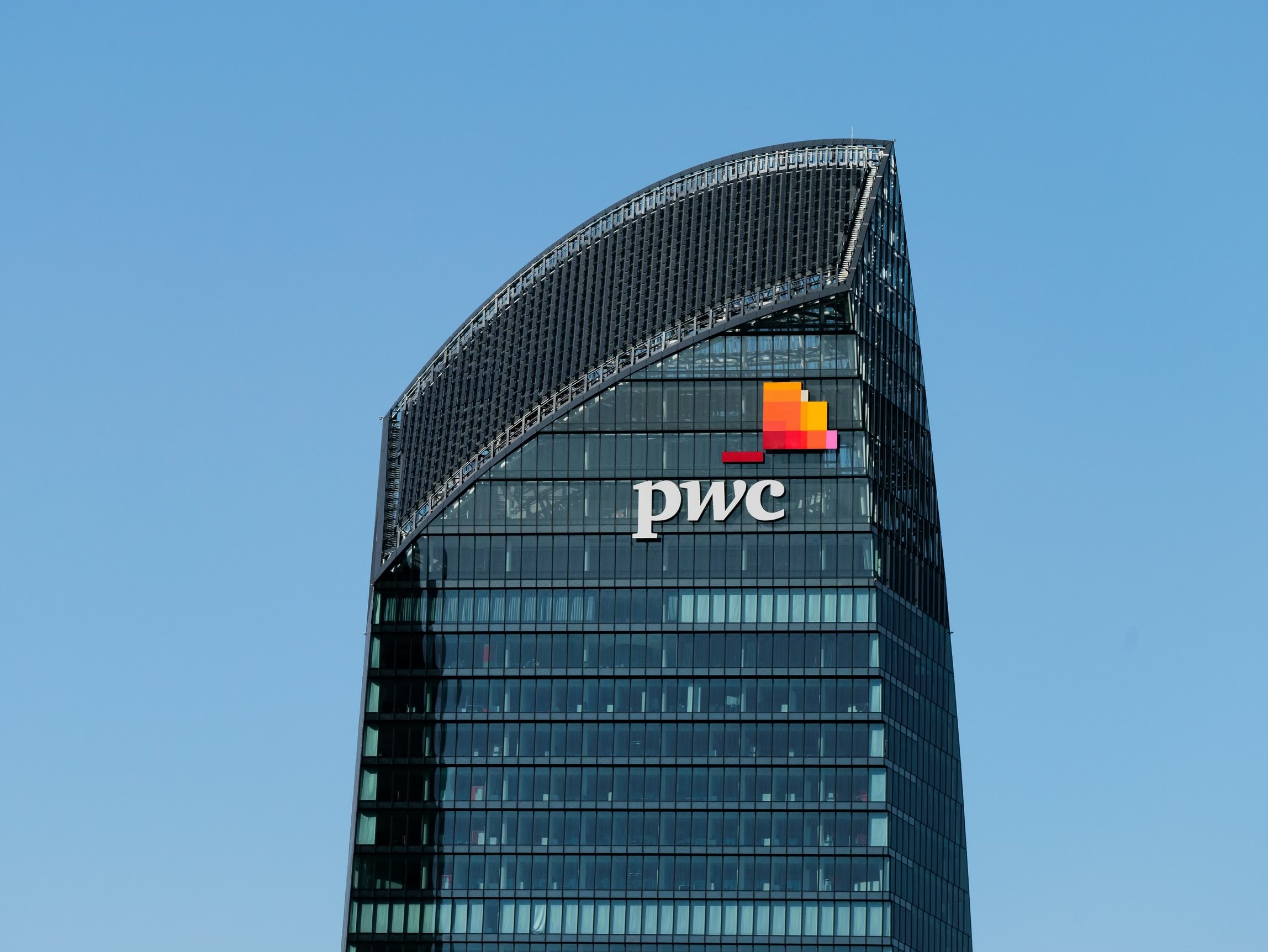PwC Survey Finds Companies See Value in Sustainability Reporting Despite Regulatory Shifts
Key Takeaways
- CSRD and ISSB in Focus: Thousands of companies reported in 2025 under the EU’s Corporate Sustainability Reporting Directive (CSRD) and the ISSB standards, despite some regulatory recalibrations.
- Mixed Regulatory Landscape: The EU introduced a two-year deferral and scope reduction for CSRD, while ISSB adoption is advancing in over 30 jurisdictions. The US SEC’s climate disclosure rules remain unsettled.
- Value Beyond Compliance: Over two-thirds of companies that reported under CSRD or ISSB frameworks said they gained strategic benefits from the process, including insights for risk management, supply chain, and workforce transformation.
- Technology and AI on the Rise: More than half of companies now use centralised sustainability data systems, and AI use in reporting nearly tripled, with applications in data integration, disclosure drafting, and risk identification.
- Stakeholder Pressure Driving Momentum: Investors, customers, employees, and civil society groups continue to demand sustainability disclosures, with most companies increasing leadership time and resources dedicated to reporting.
Deep Dive
Mandatory sustainability reporting surged in 2025 as the first wave of companies published disclosures under the EU’s CSRD and other jurisdictions began implementing the International Sustainability Standards Board’s (ISSB) framework. PwC’s inaugural Global Sustainability Reporting Survey 2025, based on responses from 496 companies, shows that while some organizations have slowed or paused reporting due to regulatory recalibration, many continue pushing ahead, driven by both regulatory requirements and stakeholder expectations.
The EU’s “stop-the-clock” directive, adopted in April, deferred CSRD reporting by two years for many companies and reduced the scope of entities covered. Yet nearly 40% of companies surveyed said they will report on the original timeline, even when not legally required, reflecting a determination to maintain credibility with investors and customers.
The survey also highlights strong stakeholder demand for sustainability data. More than half of companies said pressure to provide disclosures has increased over the past year, with less than 10% reporting any decrease. While only about one-third of North American firms reported higher internal pressure, external demands remain consistent across regions.
PwC’s Global Investor Survey 2024 adds context, where over 70% of investors expect sustainability to be directly integrated into corporate strategy, and nearly two-thirds want stronger emissions reduction efforts.
Unlocking Business Value
Beyond regulatory compliance, many companies are finding strategic value in sustainability reporting. More than two-thirds of firms that have reported said they gained “significant or moderate value” from the process. Those deriving the most value are leveraging data to inform decisions on business strategy, supply chain transformation, workforce policies, marketing, and risk management.
For example, 38% of companies seeing high value used sustainability data to inform overall strategy, compared with just 11% among firms seeing little added benefit. Similar patterns emerged in compliance planning, risk management, and investment decisions. Companies that reported significant value were also more likely to increase leadership involvement and resource allocation for sustainability reporting.
Technology Foundations and AI
Technology is reshaping sustainability reporting practices. Over half of respondents now use centralized data storage, carbon calculation systems, and disclosure management tools. PwC found that these systems not only strengthen audit-readiness but also allow firms to embed sustainability into capital planning, supply chain management, and climate risk mitigation.
AI adoption is accelerating. Nearly 28% of companies reported using AI for sustainability reporting, up from 11% last year. Current use cases include summarizing disclosures, identifying risks and opportunities, and integrating data from multiple systems. Most organizations remain in early stages, exploring pilots rather than embedding AI in core processes, but PwC suggests agentic AI could become central to reporting efficiency.
Companies already reporting under CSRD and ISSB frameworks point to lessons learned, such as earlier engagement with assurance providers, better use of technology, and greater cross-functional collaboration, particularly with HR functions in Europe, where workforce disclosures are required.
The broader challenge, PwC notes, is making sustainability reporting “business as usual.” This requires repeatable processes, stronger governance models, and senior leadership engagement. As with financial reporting, PwC argues, it will take years of global alignment, but sustainability disclosures are increasingly material to performance and decision-making.
The GRC Report is your premier destination for the latest in governance, risk, and compliance news. As your reliable source for comprehensive coverage, we ensure you stay informed and ready to navigate the dynamic landscape of GRC. Beyond being a news source, the GRC Report represents a thriving community of professionals who, like you, are dedicated to GRC excellence. Explore our insightful articles and breaking news, and actively participate in the conversation to enhance your GRC journey.
Sponsored by






.svg)

.svg)